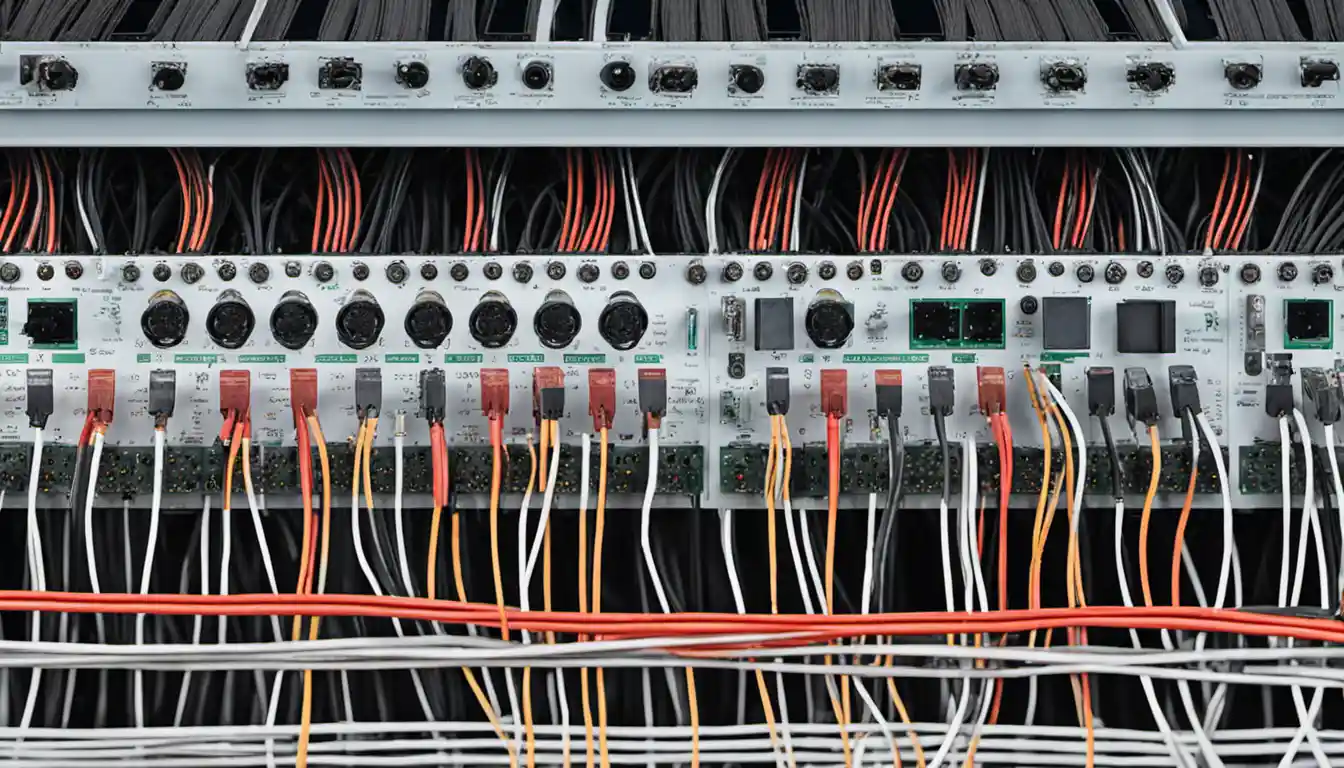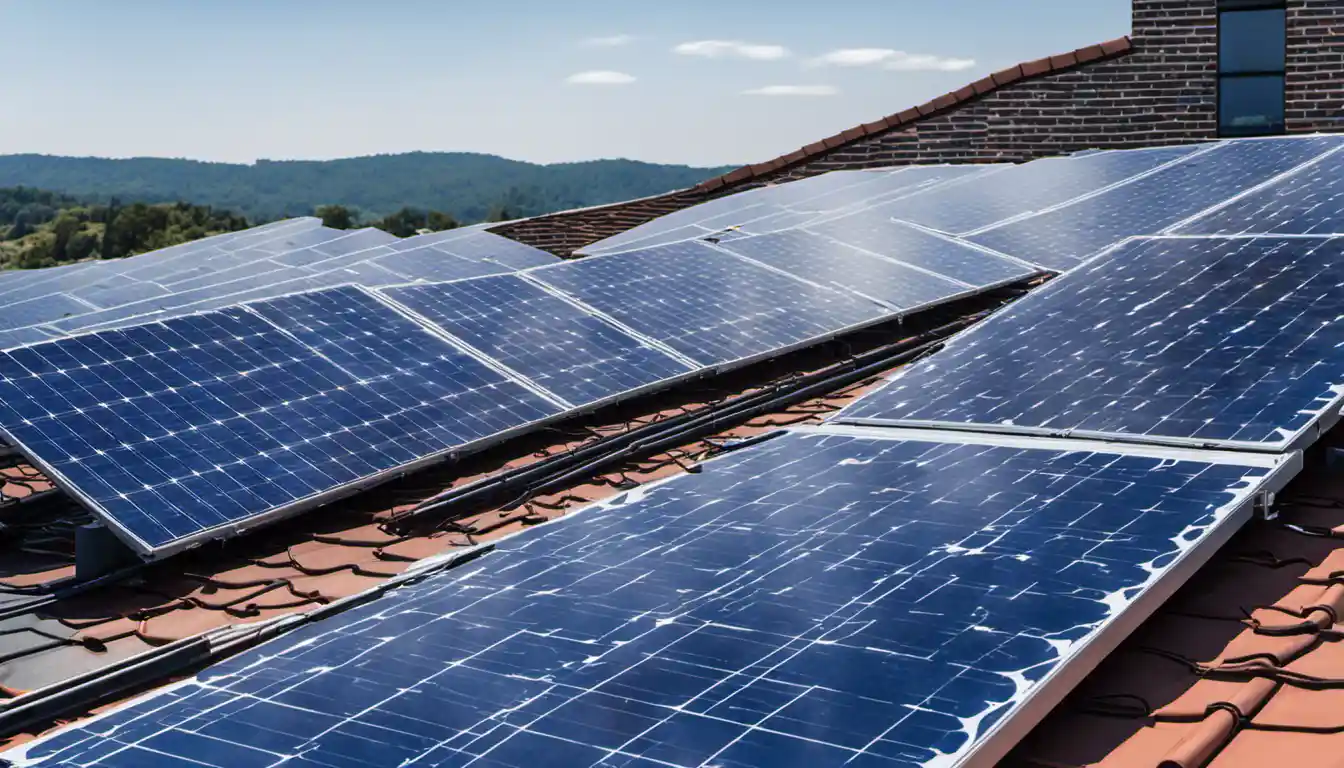Understanding Solar Panel Wattages
Yes, you can mix different wattage solar panels. However, to maximize efficiency, they should have the same voltage and current specifications. If these are mismatched, your solar system may not perform optimally.
Defining Solar Panel Wattage
Wattage in solar panels refers to the maximum power a panel can generate under ideal conditions. This power output is a crucial consideration when installing a solar panel system, as it directly influences the energy generation capacity of your setup.
The Effect of Different Wattages in Solar Panel Performance
When we delve into mixing solar panel sizes of different wattages, the complexity arises. Solar panels of different wattages will have varying power outputs. The high-wattage panel, despite its potential, could be held back by the lower wattage one, leading to a decrease in system performance.
Possibility and Implications of Mixing Different Wattage Solar Panels
The Science Behind Mixing Different Wattage Solar Panels
You can indeed mix solar panels of different wattages. But, the trick lies in how you do it. Just attaching them together haphazardly won’t work – you need to consider the wiring system and how these panels will interact with one another and the rest of your solar components.
Why Efficiency and Power Output Reduce When Mixing Different Wattage Panels

Solar arrays function based on the properties of electricity – this inevitably means that the lowest common denominator often dictates the behavior of the system. If you mix a 300W panel with a 250W one, for instance, the larger panel’s output will effectively be reduced to that of the smaller one.
Why is this so? This takes us into our explorations of series vs parallel connections and how they behave differently based on the configuration of mismatched solar panels.
Wiring Systems for Mixing Solar Panels: Series vs Parallel Connections
Series Connections for Different Wattage Solar Panels
Connecting panels in a series implies linking one panel after the other — similar to a daisy chain. The voltages of each panel then sum up, but the current (Amps) remains the cycle’s lowest link. When mixing solar panels in series, it becomes crucial to ensure that the panels have a similar current rating.
Parallel Connections for Different Wattage Solar Panels
A parallel connection, on the other hand, means all the solar panels are connected to a common bus bar. The current is cumulative in this scenario, but the voltage remains constant at the lowest panel’s level. When dealing with mismatched solar panels in parallel, the attention shifts towards ensuring a similar voltage rating among the panels.
Consequences of Mismatched Solar Panels in Series and Parallel
Mismatched solar panels, when connected in an unoptimized way, can lead to significant inefficiencies for your solar systems.
The Impact of Connecting Mismatched Panels in Series

When mixing solar panels in series, mismatched wattage can lead to issues like system degradation, panel damage, and safety hazards due to potential hot spots.
The Impact of Connecting Mismatched Panels in Parallel
Meanwhile, mismatched solar panels in parallel can lead to high current levels, which can eventually cause overheating and permanent panel damage.
Best Practices for Wiring Mismatched Solar Panels
The crux of the matter here in mixing solar panel sizes is their proper integration to realize their full capacity – ensuring a similar voltage for series connections and a similar current for parallel linkages.
Recommended Wiring for Mismatched Panels in Series
Use a separate charge controller for each panel or opt for Maximum Power Point Tracking (MPPT) charge controllers that adjust the voltages for optimal power output.
Recommended Wiring for Mismatched Panels in Parallel
Employ a diode that prevents backflow of currents, ensuring an efficient working solar system.
Factors to Consider When Mixing Different Wattage Solar Panels

While mixing different wattage solar panels, considering several factors can help achieve an efficient solar power setup.
The Role of Solar Batteries
When using batteries with your solar system, you must maintain an appropriate balance between the battery bank’s voltage and the solar panel arrangement’s total voltage.
The Role of Inverters in Solar Installations
Inverters also play a crucial role in how effectively your solar system can handle mixed wattage solar panels. Good quality MPPT inverters can adjust the voltage to the optimum level for maximum power output.
Summarizing the Benefits and Drawbacks of Mixing Different Wattage Solar Panels
Mixing panels of different wattages can be cost-effective and allows for customization based on space and budget requirements. However, it can lead to decreases in efficiency if not installed well. All in all, it’s a careful balancing act that requires due consideration and planning.
By understanding the science behind it, and making informed decisions when selecting and installing your solar panels, you can indeed employ panels of different wattages without significant detriment to your system performance.
Ultimately, the decision to mix different wattage solar panels comes down to your situation. If you need more detailed information about solar panel sizes and wattages, visit this page. An informed choice is always the best choice!
Final Recommendations for Solar Panel Installations
In summary, mix different wattage solar panels with care. Ensure that all factors, like inverters, wiring systems, and batteries, are appropriately configured. It’s always helpful to enlist the services of a professional to get the configuration right – to safely, efficiently, and sustainably harness the sun’s power.
Keep shining, stay powered!



